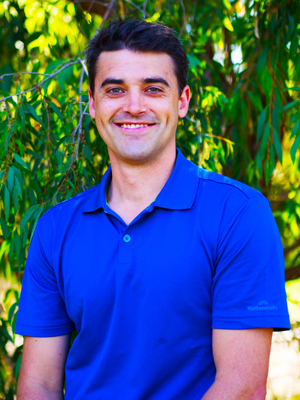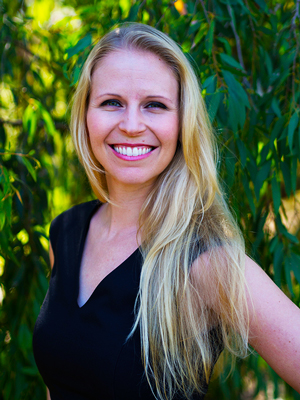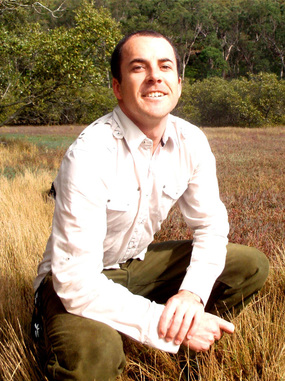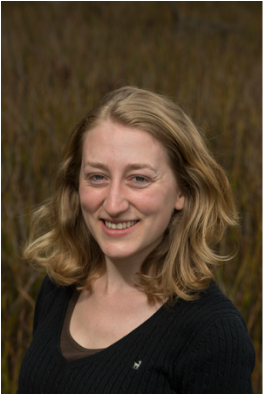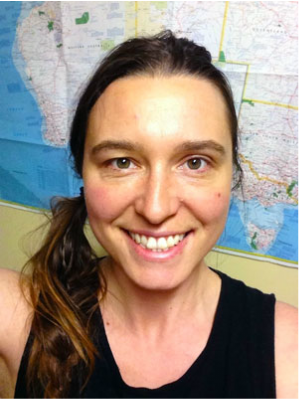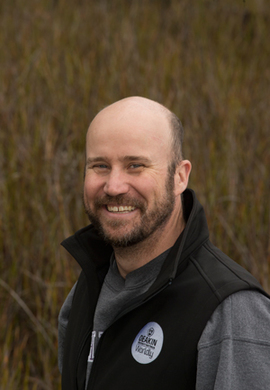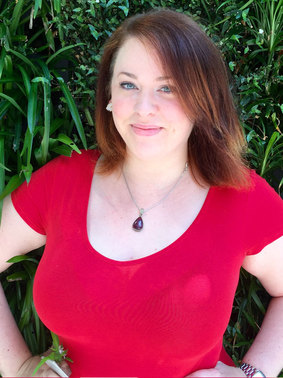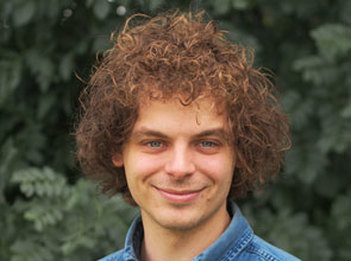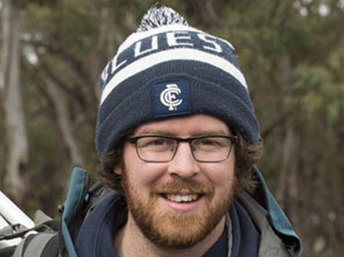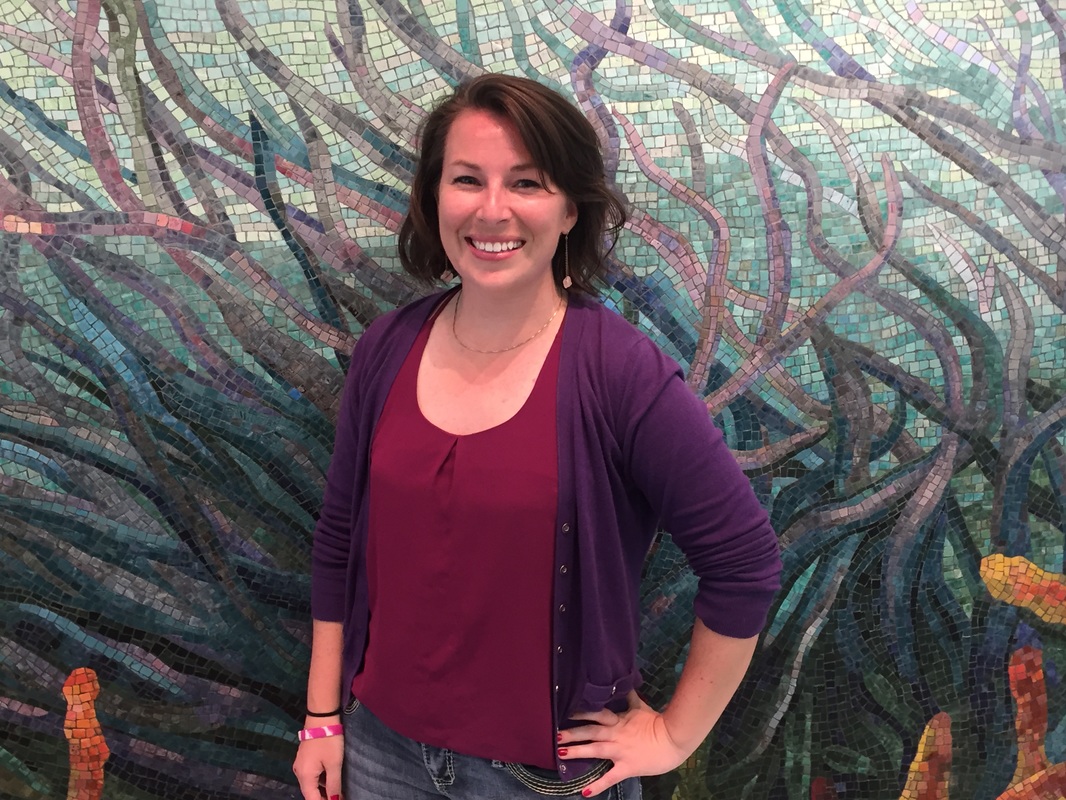Dr Peter MacreadieDr Peter Macreadie is Senior Lecturer in Marine Ecology within the School of Life and Environmental Sciences / Centre for Integrative Ecology at Deakin University in Victoria, Australia. He received his PhD in Marine Ecology in 2010 from the University of Melbourne, which was followed by a UTS Chancellor’s Postdoctoral Research Fellowship 2010-13, and then a prestigious Australian Research Council DECRA Fellowship from 2013-16. Macreadie is Head of the Blue Carbon Lab. Macreadie serves on the Victorian Coastal Council Science Panel and the Australian Government’s National Greenhouse Gas Wetland Inventory Committee.
Awards (selected): Veski Victoria Fellowship (2014), Isobel Bennett Marine Biology Fellowship (2014), NSW Tall Poppy Award (2013), ARC DECRA Fellowship (2013),the(Sydney)magazine's top 100 most influential people (2011), UTS Early Career Research Excellence Award (2011), Australian Museum Eureka People's Choice Finalist (2011), American Australian Association Dow Chemical Company Fellowship (2010), Banksia Environmental Foundation Brian Robinson Fellowship, (2011), UTS Chancellor's Postdoctoral Fellowship (2010-12). |
Dr Paul CarnellPhD, University of Melbourne, AUS, 2010-2015
Research Assistant, Keough Lab, University of Melbourne, AUS, 2008-2010 BSc (Hons) Marine Biology and Ecology, University of Melbourne, AUS 2004-2008 Paul’s research career has a focus on environmental science that sits at the interface between high-quality research and science-based management of ecosystems. From further developing the science to offset carbon emissions through wetland restoration and protection, to the management of resilient coastal ecosystems. Paul has developed strong skills in experimental design and data analysis that underpins all of his work. Paul also has a strong background in fieldwork on marine and freshwater ecosystems, including seagrass, mangroves, saltmarsh, kelp forests and inland wetlands. It is in these coastal and inland wetland habitats, that Paul has been leading carbon stock assessments in the Blue Carbon Lab over the last couple of years. Through these projects Paul has developed strong relationships with Parks Victoria, Catchment Management Authorities in Victoria and New South Wales, Greenfleet and The Nature Conservancy. ResearchGate: https://www.researchgate.net/profile/Paul_Carnell |
Research Highlights:
|
|
Research Highlights:
|
Dr Stacey Trevathan-Tackett
|
Carolyn Ewers
|
Research Highlights:
|
|
Research Highlights:
|
Jeff Kelleway
|
Saras Windecker
|
Research Highlights:
|
|
Research Highlights:
|
Brooke Sullivan
|
Steve Krueger
|
|
Research Highlights:
|
Alex Thomson
|
Quinn Ollivier
|
Research Highlights:
|
|
Research Highlights:
|
Alex Pearse
|
Ashley Whitt
|
|

